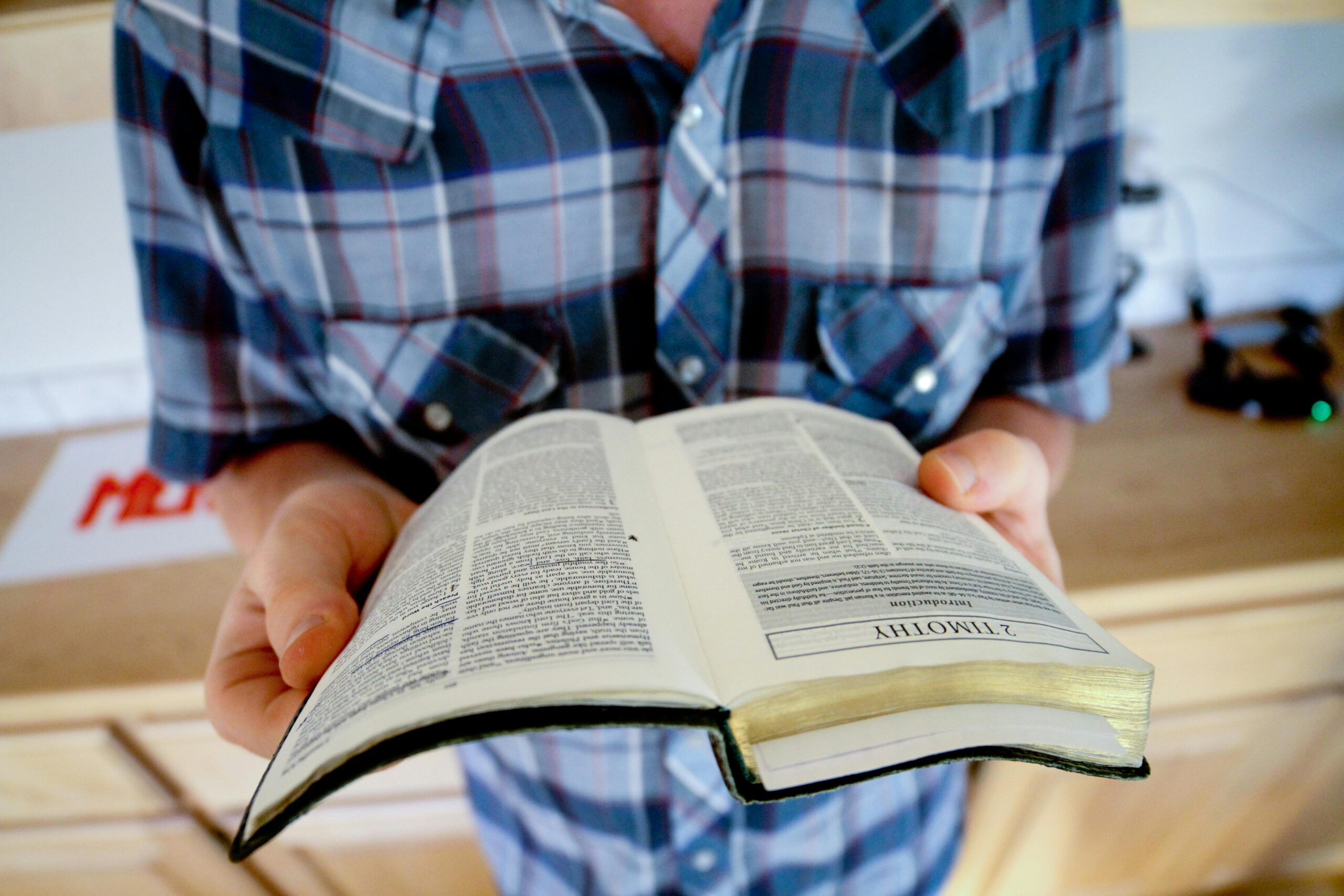Understanding Jeremiah 29:11: A Promise of Hope and a Future
Have you ever found yourself at a crossroads, wondering what the future holds for you? In times of uncertainty, it’s natural to seek assurance and guidance. One verse that often comes to mind is Jeremiah 29:11, a powerful promise from God that has provided comfort and hope to countless believers throughout the ages. But what does this verse really mean, and how can we apply it to our lives today?
Jeremiah 29:11 says, “For I know the plans I have for you,” declares the Lord, “plans to prosper you and not to harm you, plans to give you hope and a future.” At first glance, this verse might seem like a straightforward message of encouragement, but when we dig deeper, we discover a rich and complex context that can deepen our understanding and strengthen our faith.
In this article, we’ll explore the meaning of Jeremiah 29:11, its historical context, and how it relates to other scriptures with similar themes. Whether you’re facing challenges, seeking direction, or simply looking for reassurance, this verse—and the message behind it—can be a source of profound hope and inspiration.
The Context of Jeremiah 29:11: A Message to the Exiles
To fully appreciate Jeremiah 29:11, we need to understand its context. This verse is part of a letter that the prophet Jeremiah wrote to the Jewish exiles in Babylon. These people had been taken from their homeland, Jerusalem, and were living in captivity, far from everything they knew and loved. They were facing a long period of uncertainty, with no clear end in sight.
Jeremiah’s letter, recorded in Jeremiah 29, was a message from God to these exiles. In verses 4-7, God encourages them to settle down in Babylon, build homes, plant gardens, and seek the peace and prosperity of the city where they were exiled. Instead of waiting passively for their situation to change, they were to live their lives fully, even in captivity.
Then, in Jeremiah 29:10, God tells them that after seventy years, He will fulfill His promise to bring them back to Jerusalem. It is in this context that Jeremiah 29:11 is spoken: “For I know the plans I have for you, plans to prosper you and not to harm you, plans to give you hope and a future.”
A Promise of Hope and a Future
Jeremiah 29:11 is often quoted as a personal promise from God, and while it does offer incredible encouragement, it’s important to remember that it was originally addressed to a specific group of people in a specific situation. The exiles in Babylon were living in a foreign land, and God was reassuring them that their suffering was not the end of the story. He had a plan for them—a plan that included hope and a future.
The Hebrew word for “plans” in this verse, “machashabah,” suggests not just thoughts, but intentional designs, purposes, and intentions. God was telling His people that He was actively working on their behalf, even when they couldn’t see it. The word “prosper” comes from the Hebrew word “shalom,” which means peace, completeness, welfare, and well-being. God’s plan was not just for survival, but for their total well-being.
Jeremiah 29:11 and Its Broader Biblical Theme
Jeremiah 29:11 is not an isolated promise. Throughout the Bible, we find numerous verses that echo this theme of hope, future, and God’s plans for His people. Here are a few examples:
Romans 8:28
“And we know that in all things God works for the good of those who love him, who have been called according to his purpose.”
Like Jeremiah 29:11, this verse reminds us that God is at work in all circumstances, orchestrating everything for the good of those who love Him. Even in difficult times, we can trust that God’s plans are for our ultimate good. Even when you can’t see with with your physical eyes or perceive with your senses, God is still working out everything for your own good.
- Proverbs 3:5-6
“Trust in the Lord with all your heart and lean not on your own understanding; in all your ways submit to him, and he will make your paths straight.”
This passage encourages us to trust in God’s plan, even when we don’t understand it. Like the exiles in Babylon, we may not see the full picture, but we can trust that God is guiding our steps. You can always trust that in the background God is working out everything for your good.
- Isaiah 55:8-9
“‘For my thoughts are not your thoughts, neither are your ways my ways,’ declares the Lord. ‘As the heavens are higher than the earth, so are my ways higher than your ways and my thoughts than your thoughts.’”
This verse emphasizes the difference between our understanding and God’s. His plans are often beyond our comprehension, but they are always for our good. Indeed his ways are higher than our ways and we must trust him to steer our life in the right direction. Things might not always go the way we plan it but we must trust the master builder who is able to see the present and future.
- Philippians 1:6
“Being confident of this, that he who began a good work in you will carry it on to completion until the day of Christ Jesus.”
This verse, like Jeremiah 29:11, reassures us that God’s plans are ongoing. He has started something good in us, and He will see it through to completion. We must trust God our father to make our path straight.
Applying Jeremiah 29:11 to Our Lives Today
How can we apply the message of Jeremiah 29:11 to our own lives? While the verse was originally spoken to a specific group of people, its message of hope, future, and God’s plans can still be incredibly relevant to us today. Here are a few ways to take this promise to heart:
1. Trust in God’s Timing
One of the key lessons from Jeremiah 29:11 is the importance of trusting in God’s timing. The exiles in Babylon were told that their captivity would last seventy years—a long time by any standard. Yet, God’s promise to them was sure, and His timing was perfect.
In our own lives, we may face seasons of waiting, uncertainty, or difficulty. During these times, it’s easy to become impatient or discouraged. But just as God had a plan for the exiles, He has a plan for us. We may not see it right away, but we can trust that His timing is always perfect.
2. Seek God’s Peace in the Present
Another important aspect of Jeremiah 29:11 is the call to seek peace and prosperity in the present, even when circumstances are not ideal. The exiles were encouraged to build homes, plant gardens, and seek the welfare of the city where they were living, even though it wasn’t their true home.
Similarly, we are called to seek God’s peace and presence in our current circumstances, no matter how challenging they may be. Instead of waiting for things to change before we start living fully, we can choose to trust God and seek His peace right where we are.
3. Hold on to Hope for the Future
Jeremiah 29:11 is ultimately a message of hope. God’s plans for us include a future filled with hope and good things. Even when life feels uncertain or overwhelming, we can hold on to this promise, knowing that God is in control and that His plans for us are good.
This hope is not just a wishful thought; it’s a confident expectation based on God’s character and promises. He is faithful, and we can trust Him to lead us into a future that is filled with His goodness and grace.
Exploring Other Scriptures with Similar Themes
As we’ve seen, the message of Jeremiah 29:11 is echoed throughout the Bible. Here are a few more scriptures that reinforce this theme of God’s plans, hope, and future:
- Psalm 33:11
“But the plans of the Lord stand firm forever, the purposes of his heart through all generations.”
This verse reminds us that God’s plans are not just for a moment, but for eternity. His purposes are steadfast and unchanging.
- Ephesians 2:10
“For we are God’s handiwork, created in Christ Jesus to do good works, which God prepared in advance for us to do.”
This passage highlights that God has specific plans and purposes for each of us, plans that He prepared long before we were even born.
- Psalm 138:8
“The Lord will fulfill his purpose for me; your steadfast love, O Lord, endures forever. Do not forsake the work of your hands.”
This verse reassures us that God will complete the work He has begun in us, guided by His steadfast love.
- 2 Peter 3:9
“The Lord is not slow in keeping his promise, as some understand slowness. Instead, he is patient with you, not wanting anyone to perish, but everyone to come to repentance.”
Here, we see God’s patience and His desire for all people to experience His grace and fulfill His purposes.
- Job 42:2
“I know that you can do all things; no purpose of yours can be thwarted.”
Job’s declaration reflects a deep trust in God’s sovereignty and the certainty that His plans will come to pass.
Living in the Light of Jeremiah 29:11
As we meditate on Jeremiah 29:11 and these related scriptures, we are reminded of the incredible hope and future that God has for us. This hope is not based on our circumstances, but on God’s unchanging character and His faithful promises. To live in the light of this verse is to trust in God’s plan for our lives, to seek His peace in the present, and to hold on to hope



